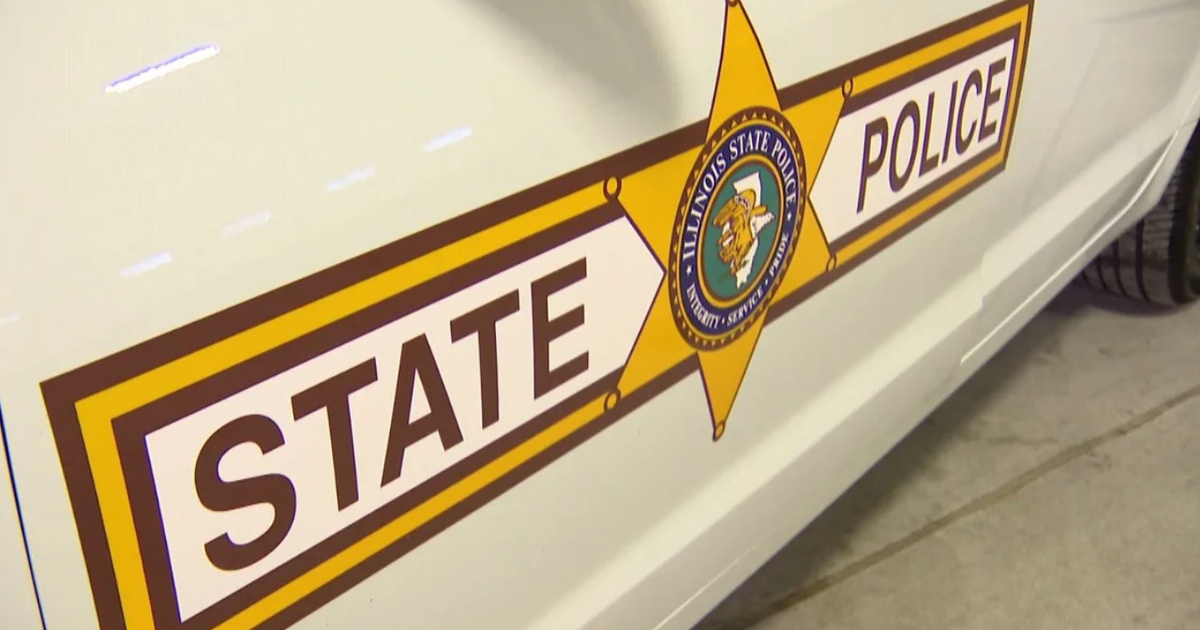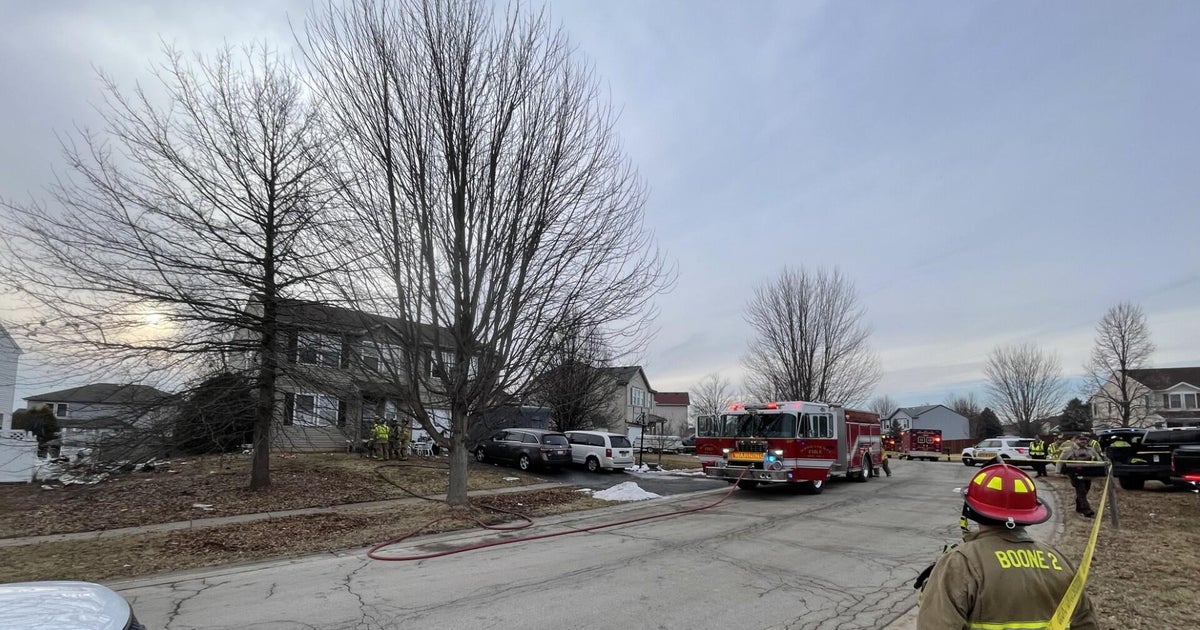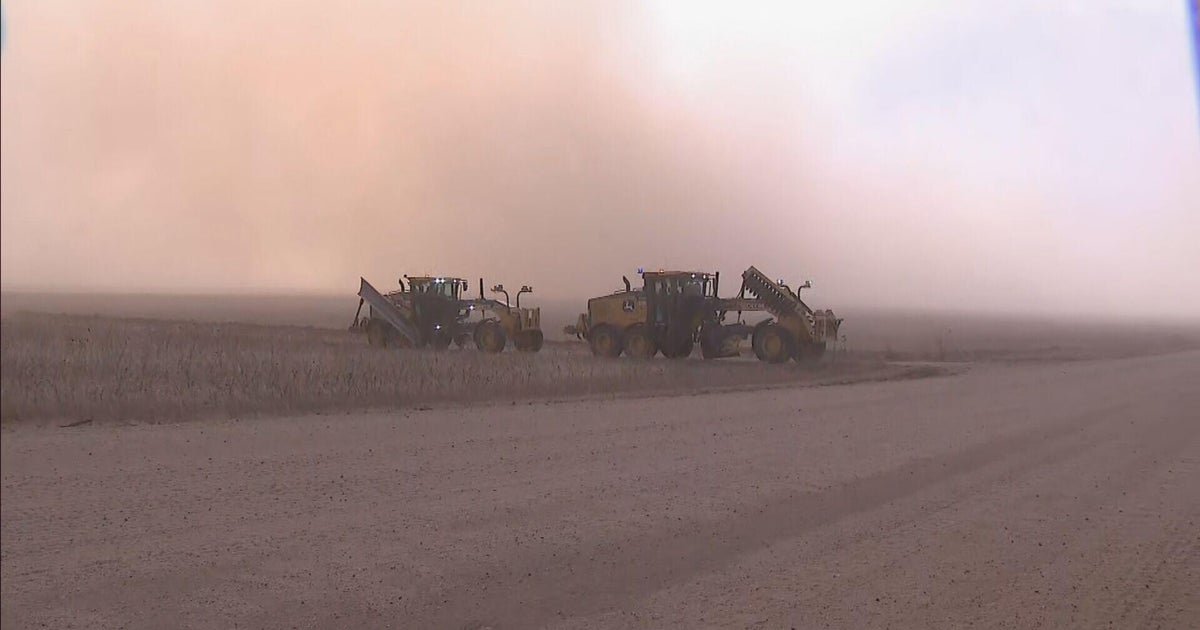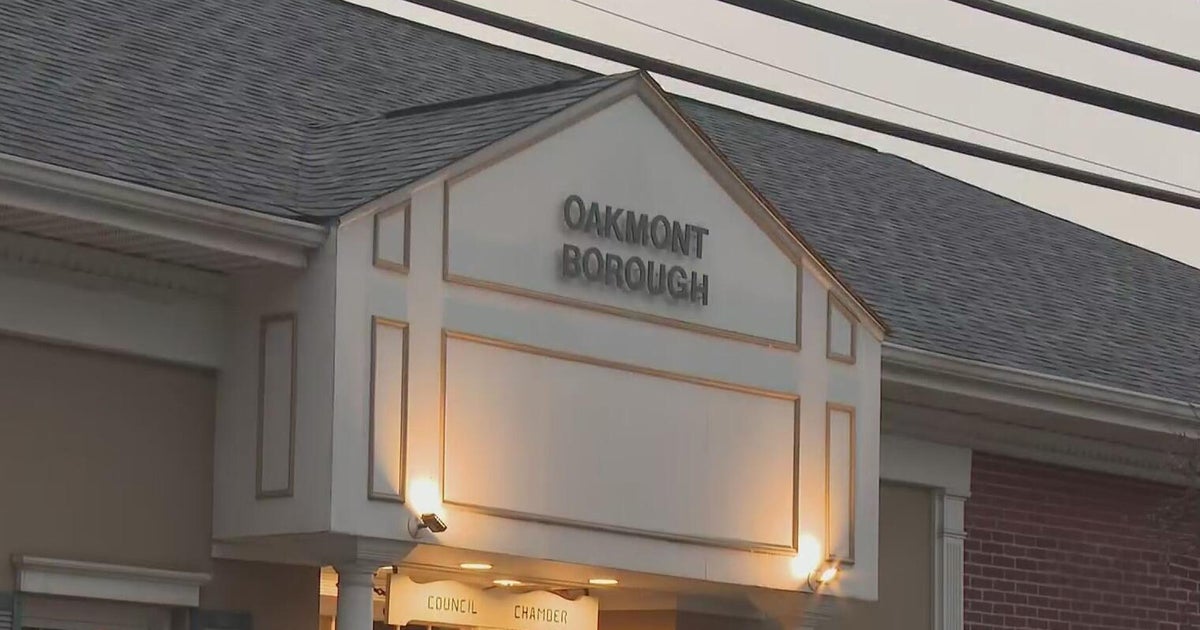Illiana Expressway Planning In High Gear
CHICAGO (STMW) -- Now that the proposed Illiana Expressway has been given the go-ahead by a regional planning board in Chicago, state transportation officials have resumed their fast-paced planning for the new toll road, which would cut through southern Will County.
Steve Schilke, Illiana project manager for the Illinois Department of Transportation, met with Will County leaders Monday for a 90-minute update on the progress of the $1.3 billion road, a 47-mile link from Interstate 55 in Wilmington to Interstate 65 near Lowell, Ind.
Schilke said IDOT hopes to have some final issues resolved with the U.S. Fish and Wildlife Service, state and federal environmental protection agencies and the U.S. Army Corps of Engineers by the end of this month.
While the discovery of the Hine's emerald dragonfly brought planning for the Interstate 355 extension in Will County to a screeching halt back in the late 1990s, and the road opened a decade later as a result, Schilke said he does not expect that to happen with the Illiana.
Two endangered species — the sheepnose mussel and the stem borer moth — have been discovered in the vicinity of the Illiana footprint, Schilke said during the meeting held at the Frankfort Township Hall.
The northern long-eared bat also is in the vicinity, and though it isn't on the endangered list, it was named a candidate for the list just last month, he said. But Schilke said IDOT has encountered these species before during road projects and there are mitigation methods that are accepted by the U.S. Fish and Wildlife Service. For instance, only mussel shells have been located in the Kankakee River, but if actual sheepnose mussels are found, they can be relocated.
Schilke also said IDOT has scrapped plans for an Illiana interchange at Route 53. Instead, planners are looking at placing one at either Riley Road or Old Chicago Road.
Also, in a stretch from U.S. 45 west to Cedar or Wilton Center Road, there are two possible Illiana paths. One would sever more farms but protect more wetlands and is favored by the Army Corps. The other, which would do the reverse, is favored by the Will County Farm Bureau, Schilke said.
Once those kinds of issues are resolved and the federal and state agencies sign off on the draft environmental impact statement, it will be released, and a public hearing will be held 30 days later. That could happen as early as Dec. 15, Schilke said.
Will County Board Member Judy Ogalla, R-Monee, asked Schilke to consider holding the hearing after Christmas because the Illiana is a very emotional topic for eastern Will County farmers she represents who will be affected by the road. He said that would be taken into consideration.
Once the hearing is held, either in December or January, public comment will be taken for 45 days. Then a final plan will be submitted to the Federal Highway Administration.
A final "record of decision" is expected in spring, Schilke said. If all goes according to plan, the state will find a public-private partner to build, operate and maintain the road, and construction could start in 2015 or 2016, he said.
Schilke also said if a record of decision comes in the spring, land acquisition would start immediately afterward and the state probably would own the majority of the land needed for the project by mid-2015.
Ogalla asked what would happen if there were no successful bidders. Schilke said it's possible that the Illiana corridor would be protected and the remainder of the land would be purchased anyway.
Because this is the state's first public-private partnership, county board member Jim Moustis, R-Frankfort Township, who is chairman of the Republican caucus and also serves as Frankfort Township supervisor, asked if a feasibility study would be done to make sure the road would be financially viable.
Schilke said once private partners bid on the job, officials will have a better idea if it will be a successful road and the state would get its $300 million to $500 million investment back over the life of a 35-year lease.
"If it doesn't make sense for the state, we would walk away from it," he said.
But state models project that the toll road, which is being designed to carry truck traffic away from truck-train transfer intermodals in Joliet and Elwood, would produce $2.5 billion to $3.8 billion over 35 years, enough to pay back the state and then some, especially at the higher estimate, Schilke said.
"We see this as a viable project," he said.
(Source: Sun-Times Media Wire © Chicago Sun-Times 2013. All Rights Reserved. This material may not be published, broadcast, rewritten, or redistributed.)







